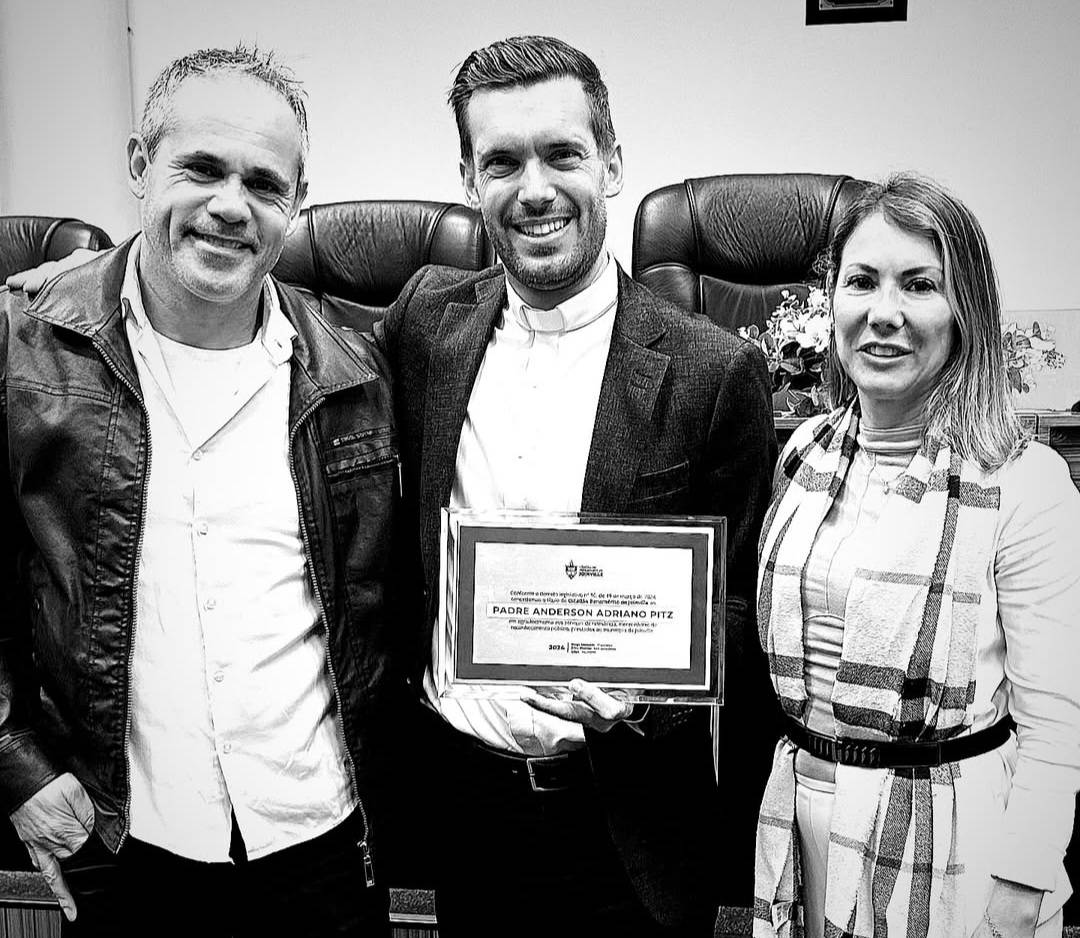SÃO PAULO – A group of at least 60 immigrants, most of them from Haiti, have been camped on a bridge that connects Brazil and Peru since Feb. 14, waiting to cross the border.
The immigrants are trying to press the Peruvian authorities to allow them to get out of Brazil and continue their journey, allegedly to the United States.
The binational bridge crosses the River Acre between the city of Assis Brasil, on the Brazilian side, and Iñapari, on the Peruvian side, and has been a busy crossing point over the past few years for immigrants and refugees moving across South America, particularly Haitians and Venezuelans.
However, it has been closed since 2020 due to the COVID-19 pandemic. Most of the immigrants who are in the region reportedly want to get to Tumbes, on the border with Ecuador, and keep traveling north to Mexico.
At least 500 Haitians, along with refugees of different African nationalities, have arrived in Assis Brasil over the past weeks. About 250 of them have been accommodated in schools in the city, but dozens preferred to stay on the bridge.
On February 16, the immigrants from this bridge camp tried to enter Peru but were met with violence and tear gas. There have been reports that two pregnant women were wounded.
“Most of them had been working in the meat packing and car industries in the South and Southeast of Brazil and lost their jobs with the crisis. With the unemployment and the pandemic, they decided to get out of the country,” Aurinete Souza Freire, the regional advisor of the Brazilian Caritas, told Crux.
Freire, who’s also a member of the Immigrants’ Pastoral Service commission, said that the Haitians keep arriving to Assis Brasil.
“Yesterday a group of 60 people appeared here. Unfortunately, they had to sleep on the street,” she added.
According to the Brazilian-born Sister Joaninha Madeira, a member of the itinerant team of the Pan-Amazonian Ecclesial Network who lives in Iñapari, only the bridge is closed. Peruvians, Brazilians and immigrants of several nationalities keep crossing the border over the river.
“Only the Haitians and Africans aren’t allowed to do so. It’s simply racism,” she told Crux.
Madeira said those groups have always received an especially unfair treatment both from the authorities and those who offer immigrants services in the region.
“While boatmen used to charge $5 to take Peruvians and Brazilians to the other side of the river, Haitians and Africans had to pay $40. Transportation from Iñapari to Puerto Maldonado [a 140 mile-ride] costed for them up to $380,” she said.
Part of the exorbitant expenses involved bribes to policemen, Madeira explained.
“But now they’re not accepting money anymore. They just bring all Haitians that manage to enter Peru back to the border,” she said.
She said that there’s a line of at least 60 trucks on both sides of the border, waiting for the immigrants to leave the bridge so they can cross.
“Those trucks have stopped there more than a week ago. They carry food, oil, and other products. The other day, a Bolivian truck driver told me he’s taking oil for hospitals in his country,” Madeira said.
Freire said that she fears that a violent conflict between the truck drivers and the immigrants on the bridge may explode.
“We’re on the verge of a tragedy,” she said.
Earlier this week, Brazilian President Jair Bolsonaro visited Acre State in order to monitor the flood of important rivers in the region, which affected several cities and has driven 130,000 people away from their homes. Assis Brasil hasn’t been impacted by it, and during his visit, he didn’t mention the problem on the border.
On February 15, Bishop David Martínez de Aguirre Guinea of Puerto Maldonado, Peru, issued a statement asking the Peruvian authorities to achieve a quick humanitarian solution for the problem in order to avoid a “serious social conflict.”
“In Iñapari, the Regional Government of Madre de Dios has the necessary infrastructure to submit all migrants to molecular PCR tests and therefore secure that such humanitarian actions be successfully carried out without risks for the national public health,” Martínez’s statement read.
Mentioning Pope Francis’s encyclical Fratelli Tutti, Martínez called the people to put aside “the prejudice that makes us see those people as foreigners, migrants, potential risks,” so they could be seen as “our brothers and sisters” who are facing “a very critical situation, which requires our help and an immediate answer.”
No concrete actions have been taken by the Peruvian and the Brazilian governments yet. Madeira said that there are rumors that the Peruvian restrictions may be loosened at the end of February. “But the same was said weeks ago,” she said.
Freire said that the government authorities haven’t been able to propose concrete solutions till now. The Brazilian National Guard has been called on to act, something that can result in more violence.
“I’ll try to obtain help from the Inter-American Court of Human Rights,” she said.
Freire said xenophobia is rising in Assis Brasil. Immigrants are being mistreated even by business owners while shopping.
“To make things worse, the money they brought with them is almost gone,” she said.
Some relief has come to the immigrants. The International Organization for Migration sent money in order to buy them food and medicine, Freire said.
“But it’s not what they need now. They only need to cross the border and keep traveling,” she said.















